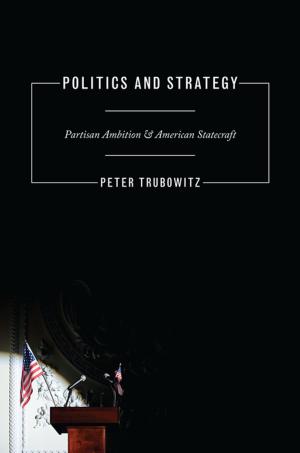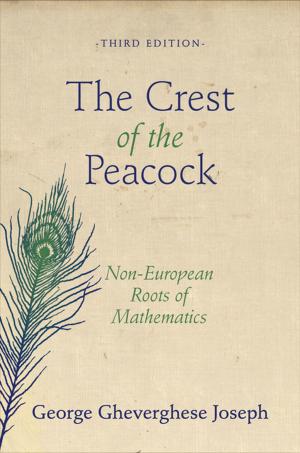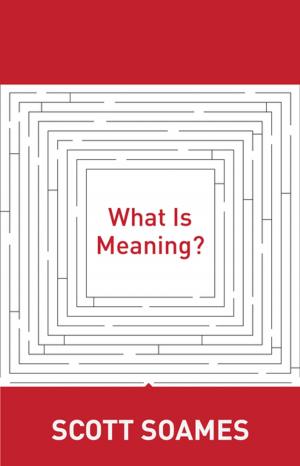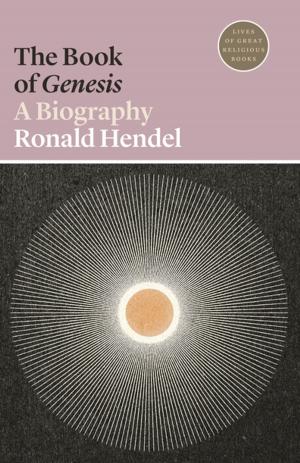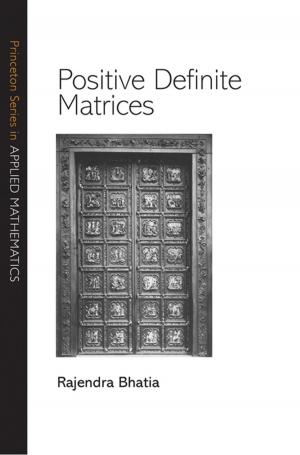Poetics before Plato
Interpretation and Authority in Early Greek Theories of Poetry
Nonfiction, Religion & Spirituality, Philosophy, Ancient| Author: | Grace M. Ledbetter | ISBN: | 9781400825288 |
| Publisher: | Princeton University Press | Publication: | January 10, 2009 |
| Imprint: | Princeton University Press | Language: | English |
| Author: | Grace M. Ledbetter |
| ISBN: | 9781400825288 |
| Publisher: | Princeton University Press |
| Publication: | January 10, 2009 |
| Imprint: | Princeton University Press |
| Language: | English |
Combining literary and philosophical analysis, this study defends an utterly innovative reading of the early history of poetics. It is the first to argue that there is a distinctively Socratic view of poetry and the first to connect the Socratic view of poetry with earlier literary tradition.
Literary theory is usually said to begin with Plato's famous critique of poetry in the Republic. Grace Ledbetter challenges this entrenched assumption by arguing that Plato's earlier dialogues Ion, Protagoras, and Apology introduce a distinctively Socratic theory of poetry that responds polemically to traditional poets as rival theorists. Ledbetter tracks the sources of this Socratic response by introducing separate readings of the poetics implicit in the poetry of Homer, Hesiod, and Pindar. Examining these poets' theories from a new angle that uncovers their literary, rhetorical, and political aims, she demonstrates their decisive influence on Socratic thinking about poetry.
The Socratic poetics Ledbetter elucidates focuses not on censorship, but on the interpretation of poetry as a source of moral wisdom. This philosophical approach to interpreting poetry stands at odds with the poets' own theories--and with the Sophists' treatment of poetry. Unlike the Republic's focus on exposing and banishing poetry's irrational and unavoidably corrupting influence, Socrates' theory includes poetry as subject matter for philosophical inquiry within an examined life.
Reaching back into what has too long been considered literary theory's prehistory, Ledbetter advances arguments that will redefine how classicists, philosophers, and literary theorists think about Plato's poetics.
Combining literary and philosophical analysis, this study defends an utterly innovative reading of the early history of poetics. It is the first to argue that there is a distinctively Socratic view of poetry and the first to connect the Socratic view of poetry with earlier literary tradition.
Literary theory is usually said to begin with Plato's famous critique of poetry in the Republic. Grace Ledbetter challenges this entrenched assumption by arguing that Plato's earlier dialogues Ion, Protagoras, and Apology introduce a distinctively Socratic theory of poetry that responds polemically to traditional poets as rival theorists. Ledbetter tracks the sources of this Socratic response by introducing separate readings of the poetics implicit in the poetry of Homer, Hesiod, and Pindar. Examining these poets' theories from a new angle that uncovers their literary, rhetorical, and political aims, she demonstrates their decisive influence on Socratic thinking about poetry.
The Socratic poetics Ledbetter elucidates focuses not on censorship, but on the interpretation of poetry as a source of moral wisdom. This philosophical approach to interpreting poetry stands at odds with the poets' own theories--and with the Sophists' treatment of poetry. Unlike the Republic's focus on exposing and banishing poetry's irrational and unavoidably corrupting influence, Socrates' theory includes poetry as subject matter for philosophical inquiry within an examined life.
Reaching back into what has too long been considered literary theory's prehistory, Ledbetter advances arguments that will redefine how classicists, philosophers, and literary theorists think about Plato's poetics.

